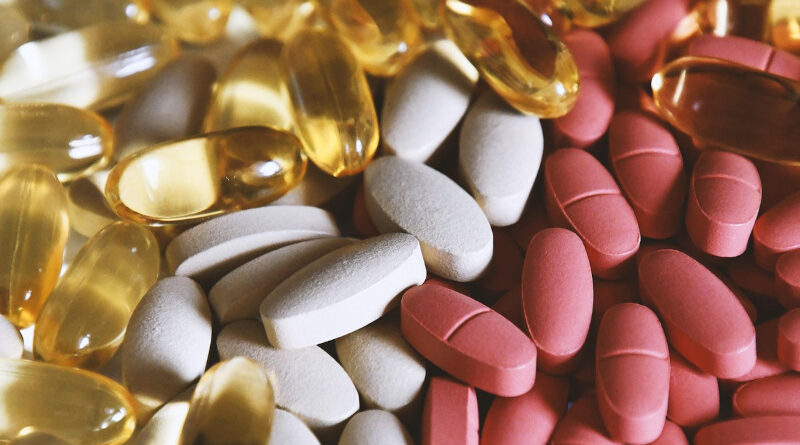Two Nutritional Supplements Touted For Performing Miracles
Magnesium can allegedly extend life. Vitamin D can allegedly prevent cancer. True or just a tale of two nutritional supplements touted for performing miracles?
There are many nutritional supplements on the market, and each has its own health benefits. Magnesium and Vitamin D, however, are trending.
Truth about Magnesium
Yes, Magnesium is magical: on its own, it supports the regulation of blood sugar levels and the body’s calcium levels. It enables the body’s production of proteins. It is also a safe and reliable way of controlling blood pressure. In addition, Magnesium is involved in hundreds of chemical processes taking place in the human body.
It gets better, Magnesium is especially helpful to women suffering from preeclampsia and eclampsia, as well as those suffering from:
• cardiovascular disease
• diabetes
• muscle cramps
• anxiety
• insomnia
(Interesting tidbit: Magnesium supplements can significantly extend the life expectancy of patients with liver disease.)
Magnesium supplements are available in several forms, the two main ones being:
• Magnesium Citrate, which is believed to be more effective and faster-working. With that said, Magnesium Citrate may not be a safe option for people (usually, women) dealing with thyroid issues.
• Magnesium Oxide is the most conservative, traditional, and universally safe option.
The recommended daily dose of Magnesium is 400 mg.
Vitamin D
Vitamin D has many proven health benefits. It is recognized for supporting bone health and muscle health, mood regulation, improving cognitive functions, and yes, supporting the immune system.
In other words, supplementation with Vitamin D is beneficial for most of us, but especially for people at risk of deficiency.
You are at risk of Vitamin D deficiency:
• if you live in a climate with little sunshine
• if you are over 70 years old
If you suffer from:
• Crohn’s disease
• Celiac disease
• Ulcerative colitis
• Liver disease
• Cystic fibrosis
• or had a Gastric bypass surgery
The recommended daily dose of Vitamin D is 600 IU. Remember, however, that Vitamin D is fat-soluble and as such it’s best absorbed when taken with food that contains fat.
It’s important to know that Vitamin D is not recommended for everyone. Talk with your doctor before starting Vitamin D supplementation.
The truth about Vitamin D
There’s been a lot of talk lately about Vitamin D’s ability to prevent cancer. Well, a recent large-scale study involving 25,000 participants (on the effectiveness of Vitamin D and Omega-3) found that supplementation didn’t reduce instances of the three major health concerns: stroke, heart attack, or cancer. Bummer? Yes, but there is an interesting finding too. The mortality rate of cancer patients who took Vitamin D supplements for at least two years was 25% lower than that of patients who didn’t.
As for the cancer prevention claim, don’t assume that Vitamin D supplements will make you immune to cancer. Clinical evidence suggests that they won’t.
*
As for the question whether Magnesium can extend life: yes! It can do that indirectly by enabling and facilitating many chemical processes in the body, as well as directly by lowering blood pressure.
Can Vitamin D prevent cancer? Not really. Nevertheless, it is a valuable and noteworthy supplement that should be included in your daily regimen; however, in this case, only with your doctor’s approval.
In conclusion, are the trending claims true or just a tale of two nutritional supplements touted for performing miracles? Not quite true. But as usual, where there is smoke, there’s bound to be at least some fire….
Both, Magnesium and Vitamin D have significant health benefits. The many proven benefits of Magnesium and Vitamin D justify taking the supplements.
Obviously, the best way to supplement with either one is by eating nutritious food. Personally, I don’t believe that we get all the recommended nutrients from food alone today. That’s why moderate supplementation is likely better than presuming our food is nutritious.
I’m taking both Magnesium and Vitamin D, the latter just in case I’ll need to cash in on the 25% cancer survival rate…..




